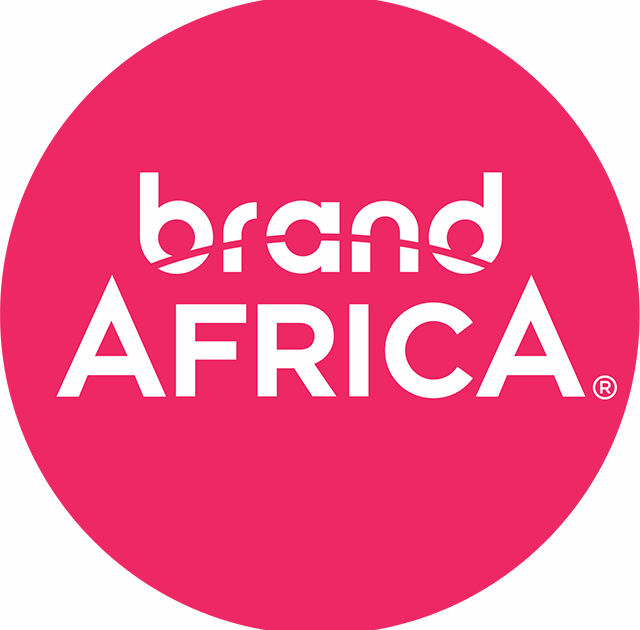Paragraph 1: Unveiling the 2025 Brand Africa 100 Rankings
The 15th annual Brand Africa 100 rankings, a collaborative effort by Brand Africa, African Business, and the Economic Commission for Africa (ECA), were unveiled at the historic Africa Hall in Addis Ababa, Ethiopia. This significant location, the birthplace of the Organisation of African Unity (now the African Union), served as a poignant backdrop for the announcement. The rankings, which assess both Africa’s Best Brands and Ethiopia’s Best Brands, revealed a concerning trend: a limited presence of African brands among the most admired. Ethiopian Airlines, Ethio Telecoms, EBS, and Mekedonia emerged as leading brands in Ethiopia, with Ethiopian Airlines securing the top spot. However, the overall picture painted a less optimistic view of brand perception and consumer behavior.
Paragraph 2: A Pessimistic Outlook for African Brands
The 2025 rankings exposed a pessimistic outlook for both African and Ethiopian brands. A mere 6% of the Top 100 most admired brands in Ethiopia were Ethiopian, while only 32% of Ethiopians believed that African countries contributed positively to a better Africa. While confidence in Africa as a whole saw a slight increase, with 68% of Africans expressing belief in the continent (up from 64% in 2024), only 11% of the Top 100 most admired brands across Africa were African. This disparity between belief in the continent and support for African brands underscores a critical challenge: the need for homegrown brands to convert pan-African sentiment into tangible consumer commitment.
Paragraph 3: The Dominance of Non-African Brands
The 2025 rankings also highlighted the continued dominance of non-African brands in consumer preferences. In Ethiopia, brands originating from G20 countries constituted 42% of the most admired brands, while brands from BRICS+ countries accounted for 50%. This dominance further emphasizes the struggle faced by African brands to compete effectively within their own markets. The low conversion rates, reflecting the disparity between belief in Africa and support for African brands, signal an urgent need for a shift in consumer behavior and a greater focus on supporting "Made in Africa" products.
Paragraph 4: A Wake-Up Call for Africa
Thebe Ikalafeng, Founder and Chairman of Brand Africa, expressed disappointment at the low preference for local and African brands, terming it a "wake-up call" for the continent. He linked this trend to the ranking of non-African nations as the most influential in Africa, emphasizing that belief in the continent must translate into tangible support for African-made products. Ikalafeng urged African brands to invest in research and development, prioritize innovation, maintain quality, and leverage authenticity as a key differentiator to compete effectively with international brands. He stressed that this is crucial not just for brand success, but also for advancing Africa’s industrialization agenda.
Paragraph 5: A Call for Investment and Innovation
Claver Gatete, United Nations Under-Secretary-General and Executive Secretary of the ECA, echoed the need for a more robust approach to supporting African brands. He praised the Brand Africa initiative for aligning with the ECA’s mission of promoting inclusive industrialization, regional integration, and private sector-led growth. Gatete called for strategic investments in youth-driven innovation, strengthening regional value chains, and the establishment of a Pan-African creative innovation fund. This fund, he suggested, would be instrumental in identifying, financing, and globalizing Africa’s most promising brands, propelling them onto the global stage.
Paragraph 6: Dissemination and Methodology of the Brand Africa 100 Study
Following the global launch, Brand Africa plans a multi-country roadshow to disseminate insights and rankings across all regions of the continent. This initiative aims to further Brand Africa’s mission of driving a brand-led African agenda. The 2025 Brand Africa 100 study was conducted independently by GeoPoll and Kantar, two globally respected research firms with extensive experience in Africa. The study encompassed 31 African countries, representing over 85% of Africa’s population and GDP. Data collection considered the linguistic diversity of the continent, employing eight major languages across five major economic regions. In South Africa, and increasingly across the continent, mobile-based data collection was utilized due to its high penetration, convenience, and effectiveness. This methodology ensures a comprehensive and representative understanding of brand perception and consumer behavior across Africa.


